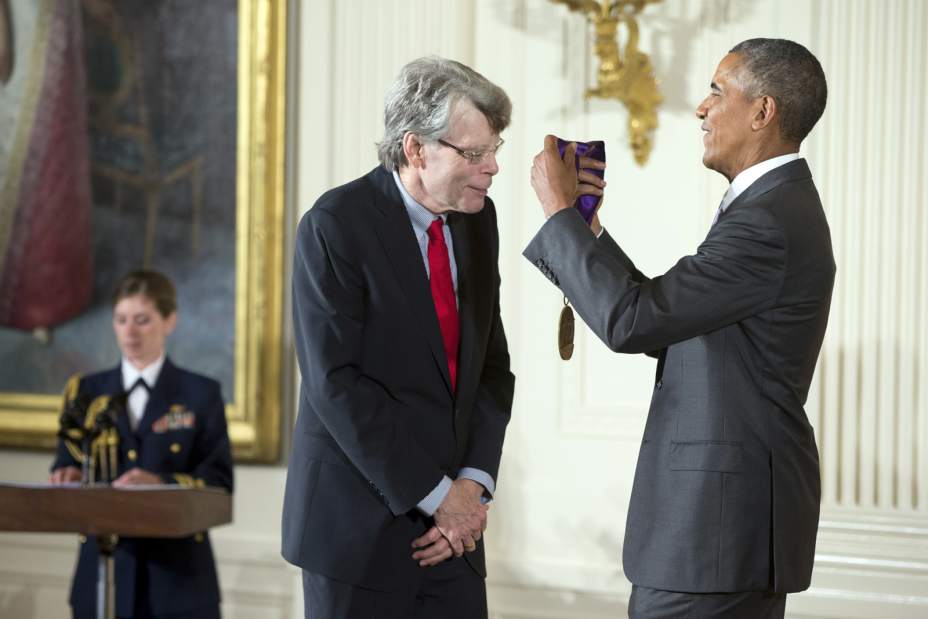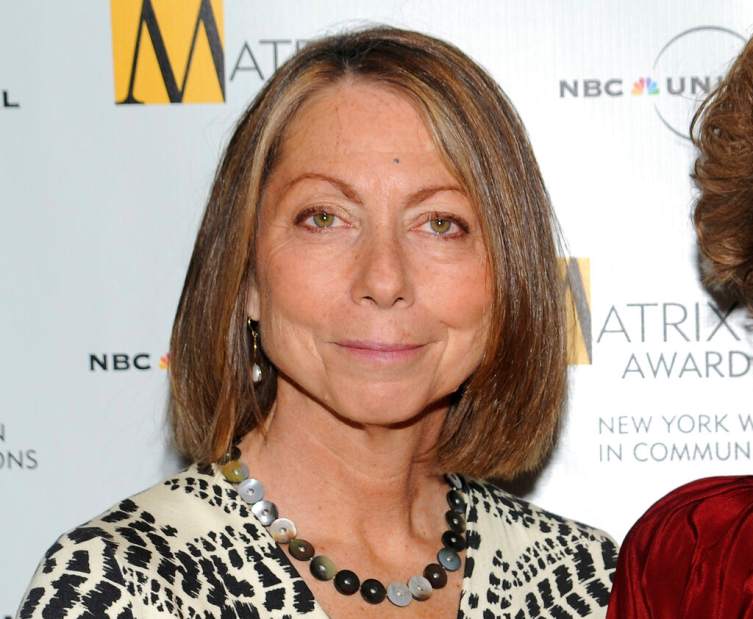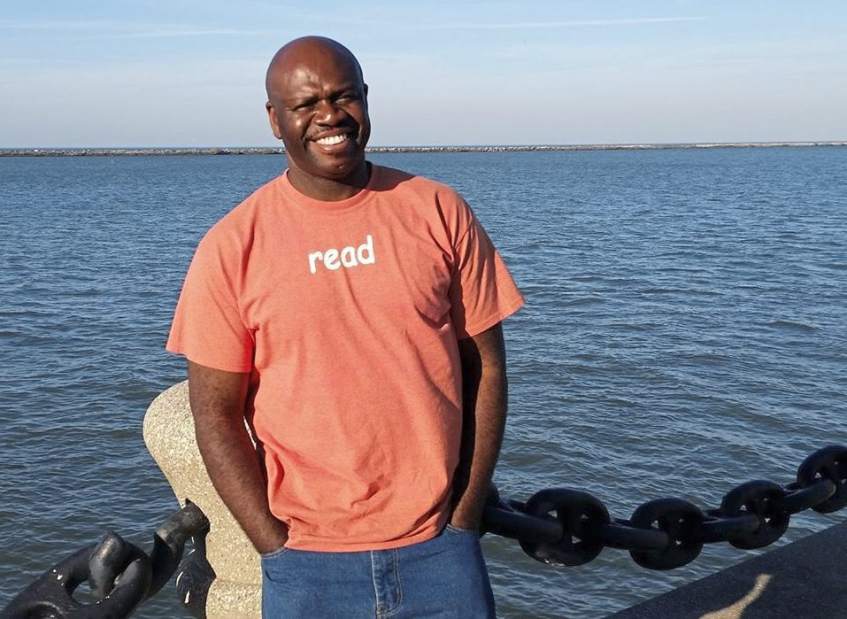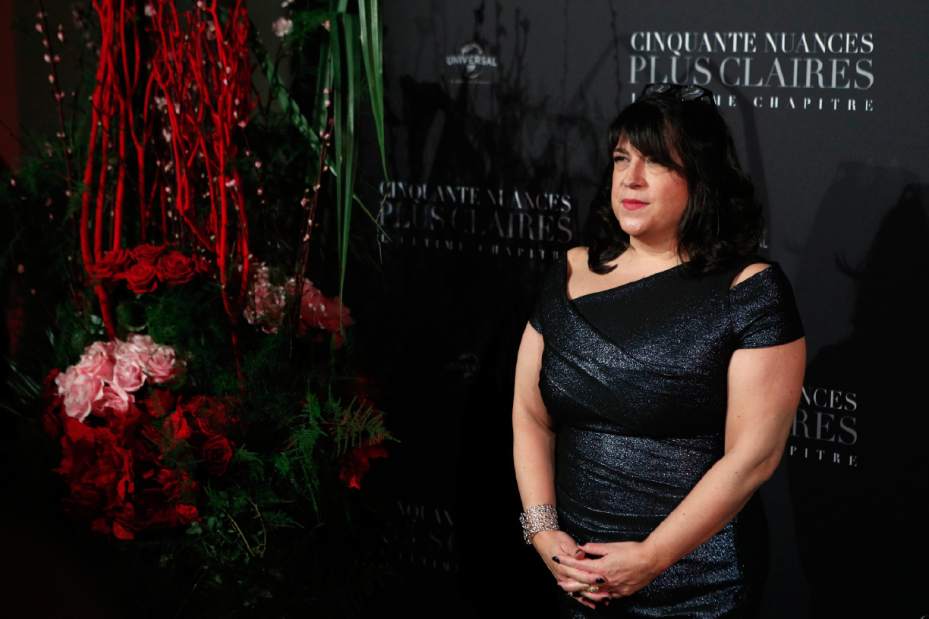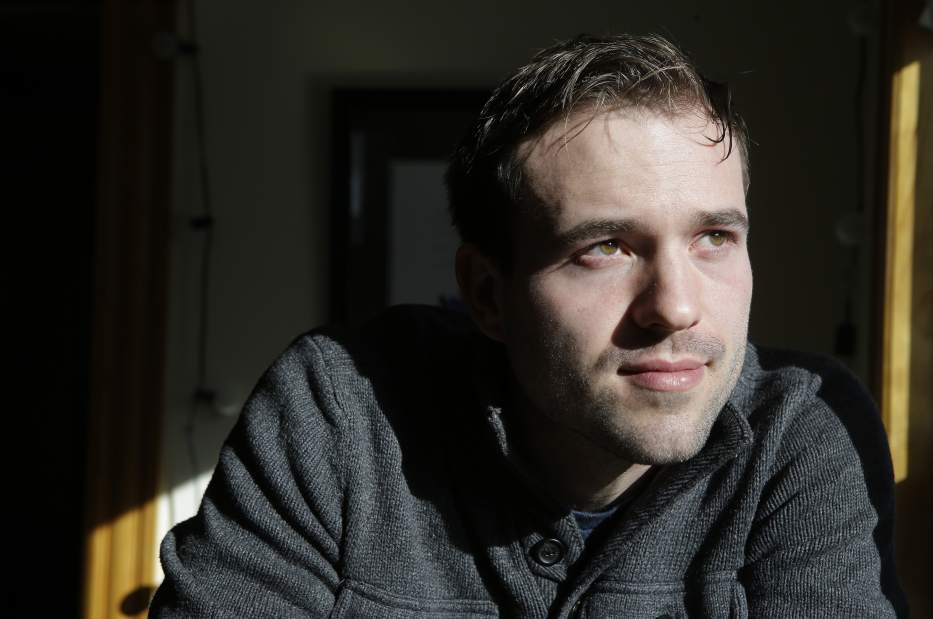In 2003, Stephen King received a National Book Award medal for distinguished contributions to American letters.
In some rarefied literary circles, it was akin to giving North Korean dictator Kim Jung Un an award for diplomacy.
“That they could believe that there is any literary value there or any aesthetic accomplishment or signs of an inventive human intelligence is simply a testimony to their own idiocy,” said Harold Bloom, a Yale professor and critic, about the National Book Foundation's decision to honor King in a New York Times article.
But King — who will appear June 8 at Sewickley Academy at a talk hosted by Penguin Bookshop — has many admirers in Pittsburgh's writing colony.
“When you look back to the '70s and a lot of what we thought were important American writers, important literary writers, some of that stuff seems kind of mannered and silly and rather dated,” says Stewart O'Nan, the Regent Square writer who has collaborated with King on two books.
“You can go back and read ‘The Stand' or ‘The Shining,' and they're amazing. I go back and read those books all the time. I end up buying used paperback copies just so I can take them wherever I'm going,” he says.
“When you read a Stephen King novel, you're getting a portrait of a human flesh-and-blood character,” says Thomas Sweterlitsch of Greenfield, author of the novel “Tomorrow and Tomorrow.” “And he's addressing topics that I think people from all walks of life care about. He's absolutely a brilliant, brilliant writer.”
A few years ago, J.D. Barker wanted to use Leland Gaunt from King's novel “Needful Things” as a character in his own book. Living in Florida at the time, Barker and his wife embarked on a nervous trip to Casey Key, where King owns a home. But after a series “No Trespassing” and “Private Road” signs — not to mention the feeling there could be snipers in the trees — Barker and his wife turned around.
He then reached out to a friend, who put it succinctly: “You don't stalk Stephen King.” But the friend did provide an email address, and Barker, who currently lives in Carnegie, made his pitch.
Four hours later, he got a reply.
“He said he loved it and to go ahead and use it,” says Barker, who incorporated Gaunt into his best-selling horror novel “Forsaken.” “I saw the email come in, and I don't think I slept for a week. Then, I was afraid to reply because what if he changed his mind, what if he was responding to something else?”
But the email was legitimate, and Barker still corresponds with King, occasionally asking for advice.
“He used to be a teacher, and he's very good at that,” Barker says, noting that King once was a high-school English teacher at Hampden Academy in his native Maine. “He really wants to help new writers out any way he can. He knows how difficult it is to get into (writing).”
When O'Nan collaborated with King on “Faithful,” a book about the Boston Red Sox's 2004 World Series season, and the novella “A Face in the Crowd,” the writing process was fluid and seamless. Even though they had varying approaches — “his mind works a different way than mine does in terms of the way he sets up a story,” O'Nan says — there was always a mutual trust.
“It's not about ego; it's the story,” O'Nan says. “It's the tale, not he who tells it.”
Nick Courage admits he long resisted Stephen King's books, in part because he can't keep his eyes open during the previews for horror movies. But when a literary novelist Courage knew admitted to using King's novels for guidance and inspiration for plotting, Courage picked “1 1⁄22/63,” the novel about a time traveler who attempts to prevent the assassination of John F. Kennedy.
The next 10 books Courage read were all by King.
“There's a humanity in all of his novels that's totally unique and undeniable,” says Courage of Point Breeze, the author of the young-adult novel “The Loudness.” “That, to me — more than horror — is his fingerprint. He could write anything and that sensibility would shine through.”
At 68 and with an estimated net worth of $400 million, according to multiple sources, King could easily retire. But King is still releasing books — his new crime fiction novel, “End of Watch” (Scribner, $30), is the third in a trilogy that features Detective Bill Hodges — and he is still touring. “End of Watch,” which is due out June 7, follows up on “Mr. Mercedes” and “Finders Keepers.”
Why go through the trouble?
O'Nan thinks the better question is “why not?”
“He still has that excitement,” O'Nan says. “He still has that bug. I imagine he's going to get three to five pages (written) today because that's what he likes to do. … He's always reading; he's always writing. He's a role model.
“I think of him in the way I think of Joyce Carol Oates or the late John Updike. He's very playful, will take on any kind of form or structure and is excited about it, and wants to see what he can do with it.”
Rege Behe is a Tribune-Review contributing writer.



